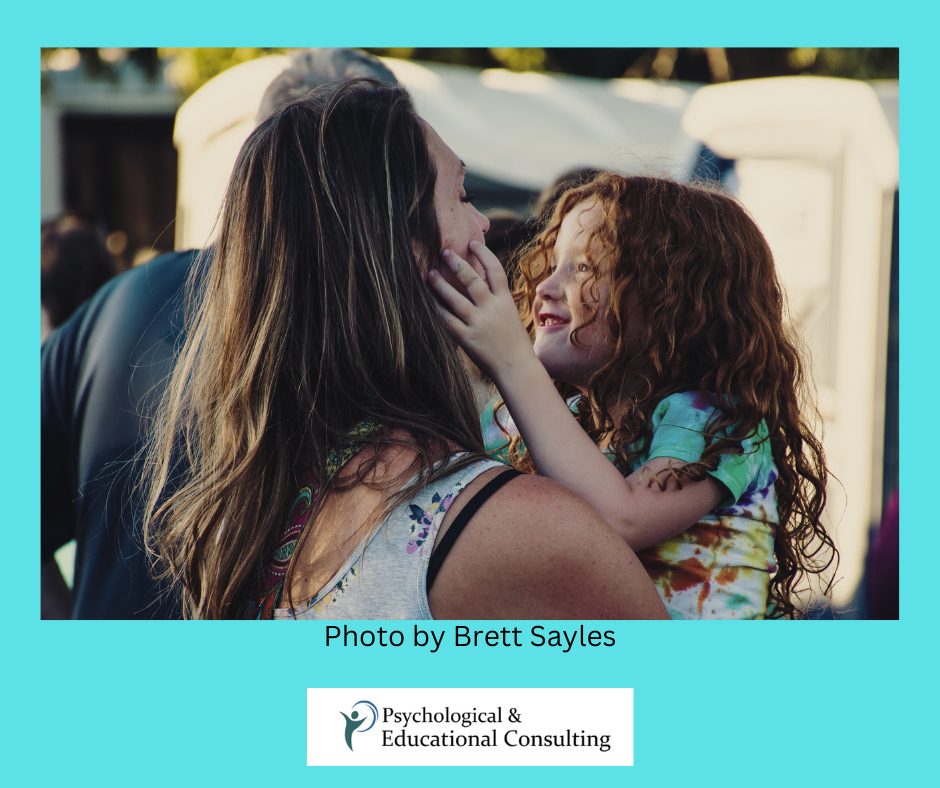
How to Help Parents Secure Extra Resources for Their Children
posted on blog.planbook.com
The more researchers learn about child development and the human brain, the more they realize how differently each person learns.
Learning theories aren’t new. Researchers have studied the differences between visual and oral learners for decades. However, learning differences are more complex than that, and some of your brightest students might not realize their full potential without classroom accommodations.
Approaching parents to talk about extra resources can be daunting. Fortunately, you can help almost any parent navigate this process and learn how simple accommodations can make a big difference in their learning outcomes.
Talk to Parents About Extra Resources and Accommodations
The first step in this process is to meet with your students’ parents to discuss accommodations that might benefit their children. Be prepared for the emotions that come with hearing their child might need extra help. Phrases like “learning disability” and “special education accommodations” can be overwhelming for parents at first.
“When parents first learn of their child’s learning disability, they often fear the unknown,” writes Ann Logsdon at Verywell Family. They worry about their child’s future and how they will overcome the disability. They worry whether their child will always need support and if they will receive the accommodations they need.
At first, parents might be afraid that their kids are different and worry that they are at fault for their child’s disability. As a teacher, you can reassure them as to how common learning differences are and how extra resources can help students better approach the classroom experience.
“Children with [learning disabilities] can learn and succeed if they get the right help and support,” writes the team at RVA Pediatrics. “The sooner you know, the sooner you can get your child help.”
The group created a detailed list of different learning disabilities which highlights how diverse these challenges can be. Even a seemingly simple concept (like identifying different numbers and shapes) can leave students frustrated and falling behind if their brains aren’t wired in the same way as their peers. This doesn’t mean they don’t have a future in math, but might need some extra help with processing certain concepts.
You might be the first person to identify these learning challenges and bring them up to parents. Even highly involved parents lack the training to spot learning disabilities.
“Teachers are often the first to notice that a child might have a learning disorder,” says Rae Jacobson, former senior editor at the Child Mind Institute.
He sets out several signs that a student might be struggling, which are often marked as behavioral issues or disinterest in school. A student might seem shy but is actually hiding the fact that they don’t know the answer and can’t keep up with the material. As a teacher, you can learn to spot the difference.
